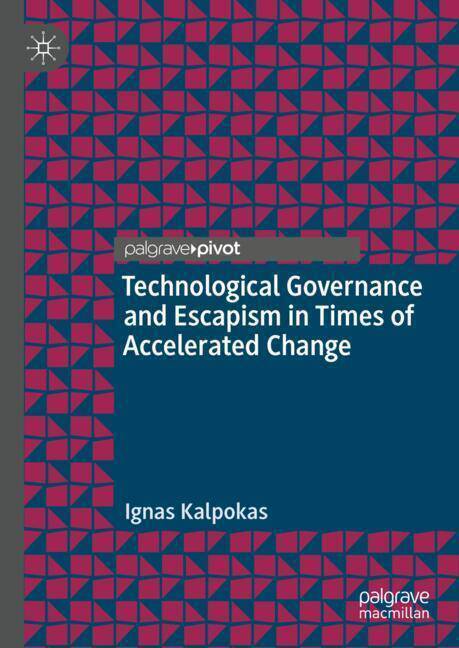
- Afhalen na 1 uur in een winkel met voorraad
- Gratis thuislevering in België vanaf € 30
- Ruim aanbod met 7 miljoen producten
- Afhalen na 1 uur in een winkel met voorraad
- Gratis thuislevering in België vanaf € 30
- Ruim aanbod met 7 miljoen producten
Technological Governance and Escapism in Times of Accelerated Change
Ignas KalpokasOmschrijving
This book examines escapist coping strategies brought about by the pace, breadth and governance of technological change. It argues that escapism manifests in various forms, ranging from nostalgia for a fantasised past of unhindered reason and agency, to progressive visions of societal and political improvement, and greater empowerment. Drawing on post-humanist theory and critical disability studies, the book also assesses how escapism should not be viewed as an unavoidable reaction to technological change, and develops a model for an ethically equitable relationship between humans and technology. It will appeal to all those interested in governance and politics, media and communication studies, technology studies, and philosophy.
Specificaties
Betrokkenen
- Auteur(s):
- Uitgeverij:
Inhoud
- Aantal bladzijden:
- 109
- Taal:
- Engels
- Reeks:
Eigenschappen
- Productcode (EAN):
- 9783031608896
- Verschijningsdatum:
- 12/06/2024
- Uitvoering:
- Hardcover
- Formaat:
- Genaaid
- Afmetingen:
- 157 mm x 212 mm
- Gewicht:
- 290 g

Alleen bij Standaard Boekhandel
Beoordelingen
We publiceren alleen reviews die voldoen aan de voorwaarden voor reviews. Bekijk onze voorwaarden voor reviews.











